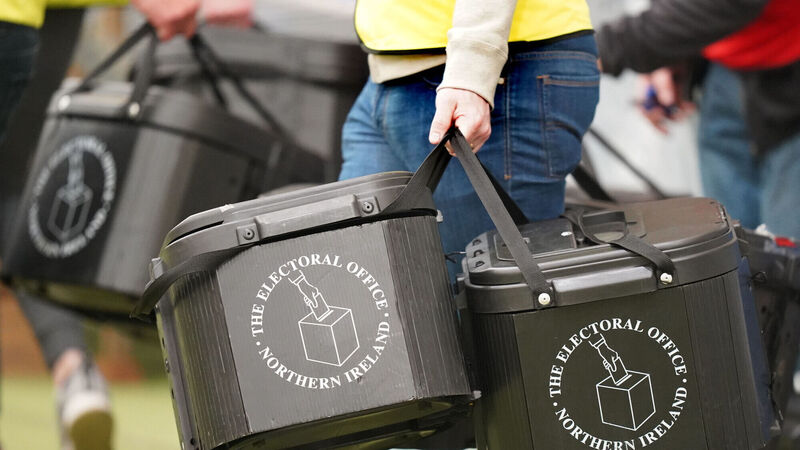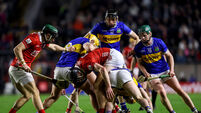Mick Clifford: Symbolic and actual change in Northern Ireland's elections is staggering

The biggest beneficiary of a drop in the SDLP vote appears to have been the Alliance party, which also encroached into the Ulster Unionist party’s patch. Photo: Niall Carson/PA
Symbols sit heavy in the North and never more so when the democratic process is underway.
The count centre for the Belfast constituencies in the Assembly elections was located in the Titanic Exhibition Centre, not much more than a big tent pitched down on the docks where Harland & Wolf assembled the doomed ship.













